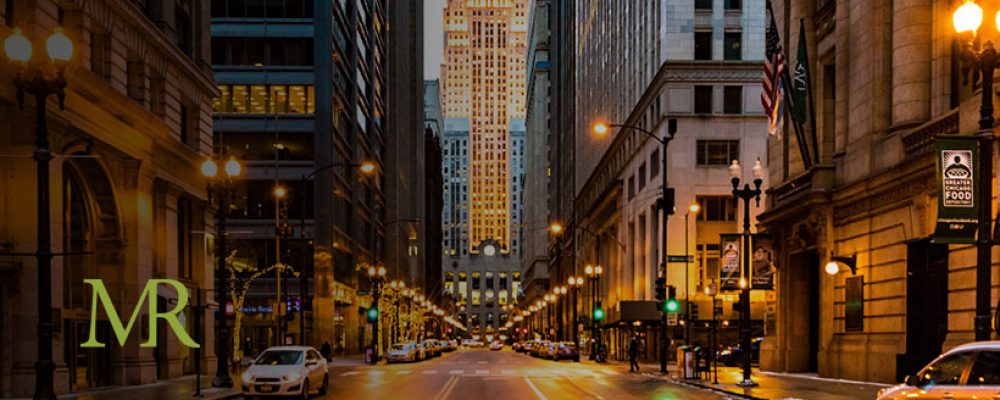Marijuana sales tax revenues in Illinois were higher than for alcohol in the last quarter for the first time since legal sales began in the state on January 1, 2020.
Figures from the state Department of Revenue indicate Illinois took in around $86,537,000 from recreational cannabis taxes, whereas liquor sales generated approximately $72,281,000 in tax revenue.
Sales of cannabis have been consistently strong in Illinois from the start of the legal market, with $3.2 million spent in dispensaries on the first day alone, while last March saw the largest month of sales yet at $109,149,355. February marked the first month that cannabis sales taxes outstripped those from alcohol, and that trend looks set to continue. Analysts anticipate that total sales of marijuana in Illinois will top $1 billion in 2021, up from $670 million last year. That worked out at around $205,400,000 in marijuana sales tax revenue for the state coffers.
A significant portion of these taxes are allocated toward social equity provisions built in to the recreational cannabis legalization law passed by the legislature in 2019 which established the state’s Restore, Reinvest, and Renew (R3) program. The law stipulates that 25 percent of taxes collected from legal cannabis sales are directed toward R3 which uses the money to help provide various services to marginalized communities such as youth programs, legal aid, and community reentry, as well as direct financial support. In January, under R3, $31.5 million was distributed among communities most disproportionately impacted by cannabis prohibition.
Illinois has also sought to address issues of restorative justice by expediting the expungement of marijuana-related criminal records. Though marijuana is now legal in Illinois, prior cannabis convictions can still follow a person around throughout their life and hamper their prospects of finding accommodation, a job or educational opportunities. The day before legal sales began, Gov. J.B. Pritzker pardoned more than 11,000 people with low-level marijuana convictions, and he announced in December last year that his administration had – in total for 2020 – processed over half a million expungements and pardons of such convictions. To further help with this process, Illinois recently launched an initiative that provides legal aid to individuals seeking to have their marijuana criminal records sealed.
While Illinois has taken considerable steps to redress the harms of cannabis criminalization and promote its legal marijuana market, reform advocates with a keen emphasis on social justice point out the state needs to do more to encourage minority-owned cannabis businesses. The first round of retail marijuana licenses were reserved for existing medical cannabis dispensary owners who are mostly, if not all, white.
Following a year-long delay, the next round of applications for marijuana business licenses in Illinois will involve two lotteries geared toward social equity applicants with 110 licenses up for grabs. Such an applicant is defined as someone who was arrested or convicted for a marijuana offense that’s now legal, or who has a close family member with such a record. A social equity applicant can also be someone who lives, or recently lived, in an area with high cannabis arrest rates, poverty or unemployment. The social equity applicant must also own at least 51 percent of the business in order to qualify.


